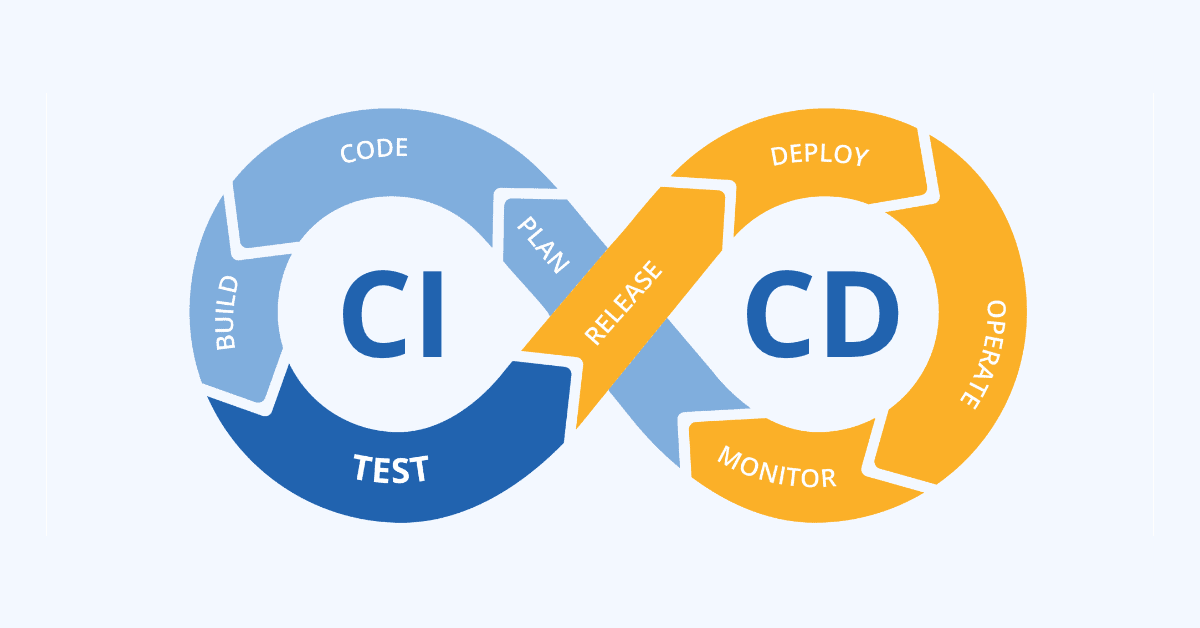What is Gaming?
Simply put, gaming refers to the practice of activity of playing computer games. In other words, it is about playing a computer or electronic video game, using a gaming console, computer, laptop, smartphone, or other similar devices. Gamers are those people who regularly play computer or video games.
The Popularity of Gaming
As can be observed from the increasing number of gamers, gaming is one of the most popular activities performed worldwide. In 2022, the number of video gamers worldwide stood at 3.03 billion and the number is increasing at a rapid rate. The COVID-19 pandemic accelerated further the popularity of gaming in recent times. Currently, the count of people who play games is more than double the number of the largest entertainment segment in the world - the film industry. It is the people who play games on mobile phones constitute the majority of the gaming market.
The Origin of Gaming
The origin of the term gaming is traced 15th century when it referred to playing card games or dice. Gaming was considered gambling till the early 2000s when only entertaining games were regarded as non-gambling games. The emergence of video games in the 1970s made gaming more or less synonymous with the current form of games played electronically and online.
Types of Gamers
One of the popular classifications of gaming and gamers is to categorize them into three groups, viz., casual, hardcore, and professional, depending on the frequency of playing gamers and the involvement of gamers in the games.
A casual gamer does not play games regularly and only plays simple games as a pastime. A person who plays puzzles or word games on a smartphone casually is an example of a casual gamer. Casual gaming makes up a huge part of the total gaming market because of easy access of people to smartphones. The uniqueness of casual gamers is that they would not usually identify themselves as gamers.
A hardcore gamer, on the other hand, is a regular player of games who play games on dedicated devices, such as gaming consoles or powerful gaming computers. A hardcore gamer regularly plays many high-intensity games regularly.
A professional gamer plays games to make money by playing video games - typically focusing on a single game - as part of a clan, team, team, or broadcasted events. Video game streamer is another type of professional gamer who posts videos of them playing games and makes money through viewer donations, subscriptions, sponsorships, and advertisements.
That said, there are many other ways and criteria to classify and categorize gaming and gamers. For example, someone who has a lot of free time may play games more frequently than a typical casual gamer, but cannot be categorized as a hardcore gamer.
Types of Gaming - Single-player vs. Multiplayer vs. Massively Multiplayer Gaming
Gaming can be divided into single-player, multiplayer, and massively multiplayer online (MMO) categories. Single-player games typically use narratives based on stories to take the player on an adventure, while multiplayer games involve a small group of two or 100 players playing games - often competitive games - at a time. MMO games, on the other hand, are those where large numbers of players, say thousands, participate in the same game by interacting with one another in real time.
What are the Future Trends in Gaming?
Cloud is transforming the use of technology and gaming is no exception. Clod gaming uses a cloud environment to access and play games rather than running them on a device owned by the player. The advantage of cloud gaming is that gamers can access games as and when need and pay for the user without the need of buying and installing on the device of the gamer. Furthermore, the game is not constrained by the power of its own device as the cloud games run on powerful servers. Similarly, multiplayer games on the cloud provide a realistic environment for gamers.
Virtual reality (VR) games use headsets that create a fully immersive feeling of the virtual world by playing stereoscopic, three-dimensional (3D) games. The concept of a metaverse foresees combining VR gaming and multiple players with digital assets through collaboration.
While VR immerses gamers in a virtual world, Augmented reality (AR) extends and projects the game elements on top of the real world. VR gaming uses a VR-enabled headset or a smartphone camera. AR-powered games are gaining in popularity mainly because of the easy accessibility of gamers to the gadgets and computers needed to experience combining the real physical world with the virtual world provided by games.
The Benefits of Gaming
There are a lot of people who argue that gaming provides benefits to regular gamers. The benefits of gaming include the enhancement of cognitive growth and spatial reasoning. Games can also be used as a teaching and instructional tool. These games can be instructional by design to teach a lesson in history or another school topic; this has been called educational software or edutainment. At the same, video games have also been criticized for their violent and misogynistic content and for being addictive.
Gaming in addition to promoting cognitive growth can enable players to solve puzzles, resulting in helping gamers improve decision-making capabilities and team-playing attributes. Some games are designed to simulate history, science, geography, and economies from the real world to give players an experience of edutainment.
Games can also enhance the spatial reasoning of those who play games. These games help players form multiple dimensions of objects in mind, which can help them in navigating the real world in a better way. Studies have shown that surgeons who have the habit of playing video games before performing surgery do perform better in surgery compared to those who do not play games before surgery. Some games involve real-world topics or history lessons, or scientific principles, and help players learn them through playing those games.
Concluding Note
Games have multiple dimensions of benefits like entertainment and education for players and help them develop certain capabilities like spatial reasoning, cognitive growth, and decision-making skills. There are vast opportunities for small and medium enterprises in the rapidly growing gaming segment. The lack of the right resources with relevant skills is a barrier for small businesses to enter the gaming business. However, Task/Talent as a Service (Taas) platforms is the best sources for SMEs to avail the services of talents on demand or provide an ecosystem to deliver gaming software as tasks and projects without having any skills onboard.




